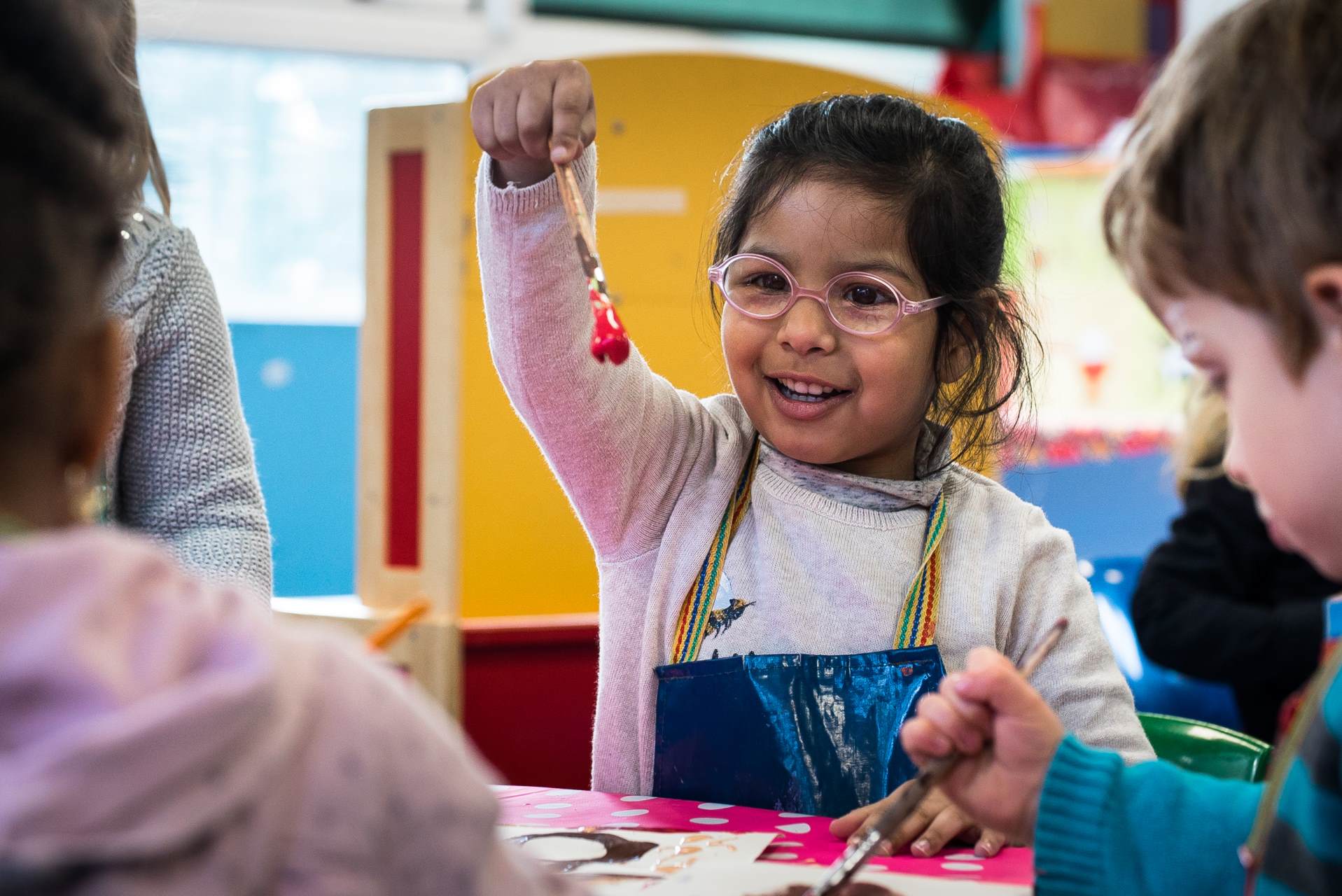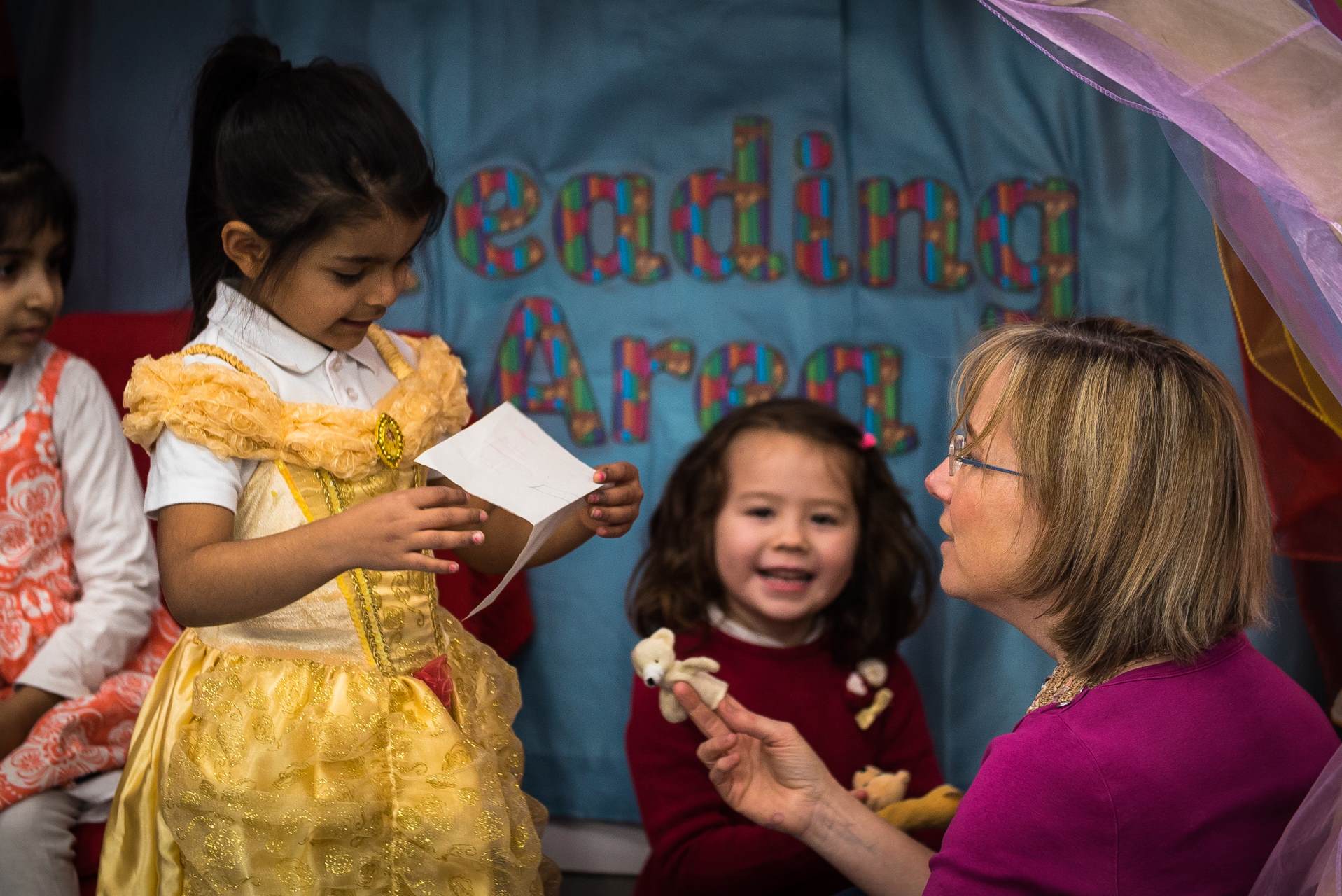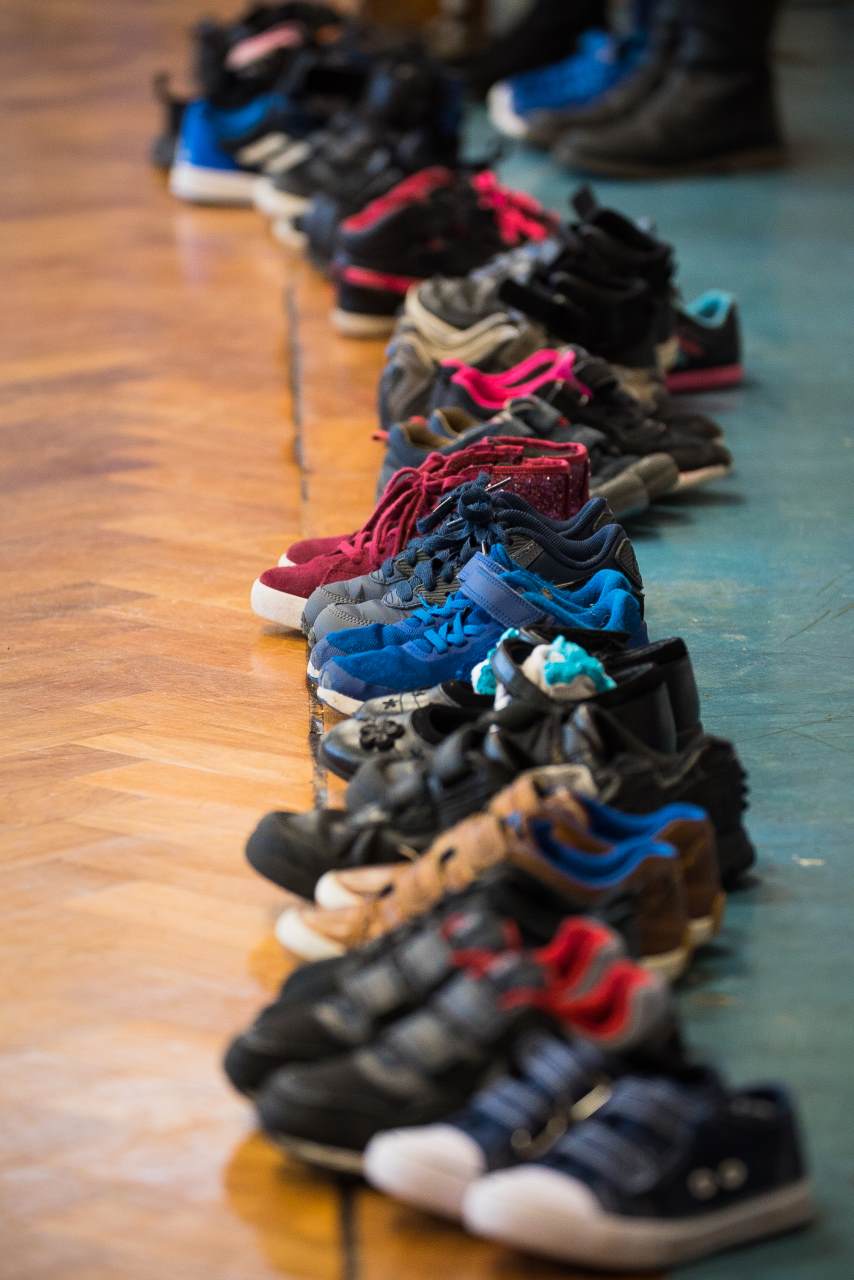Being School Ready
We understand that all children develop at their own pace, and that we’re all learning from birth. When it’s time to start school, some children will need more help than others.
There are key skills that Parkwood expect children to be learning before their first day. Practising these will make your child’s journey to Reception as positive as possible.
If your child is already at nursery, in pre-school, or with a childminder, those professionals will work with you and your child to help get them ready.
There’s lots you can do at home to build your child’s confidence and independence, helping them feel emotionally and practically prepared to start school.
Read below or click to find out how you can give your child the best chance when starting school.
How can I help my child get ready?
- Your child will have lots of new activities and routines to get used to when they start school. There are some things they’ll need to do more independently than they might have before.
- Research shows that a child’s relationship with their parents is the most important factor in their development, and there’s a lot you can do at home.
- When your child is at home with you or another caregiver, you can practise as a family with fun activities (we’ve included links at the end of this resource).
- Some of these skills take time to master, so it’s good to introduce them gradually as part of your daily routine.
Growing independence
Taking care of themselves
- Putting on/taking off their coat and shoes

- Using the toilet and washing their hands
- Getting dressed with little help, e.g. after using the toilet or doing PE
- Using cutlery (e.g. fork and spoon, chopsticks) and drinking from an open cup
- Spending time away from you, learning they can be looked after by caring adults
Play, creativity and curiosity
- Taking part in imaginative play (e.g. role play)
- Drawing, painting, colouring and sticking
- Sharing story books with caregivers, looking at pictures and talking about the characters
- Exploring the world around them (e.g. looking closely at the natural world or playing safely with objects at home)
Building relationships and communicating
Being with others
- Practising sharing and taking turns with toys
- Talking to them about how they are feeling and why
- Looking at story books together and speaking about what characters are feeling is a good way to do this
- Beginning to recognise what others are feeling, e.g. understanding if a friend is sad
- Encouraging them to set boundaries for themselves and others (e.g. knowing how to say ‘no’)
Communication and language
- Singing along with songs and nursery rhymes
- Talking happily to others about activities, experiences and the world around them
- Showing they need help by speaking clearly (in basic English or sign language)
- Recognising the pattern of their name (so they can find it on their coat peg or jacket)

Listening and engaging
- Paying attention for short periods of time
- Listening to and following simple instructions
- Carrying on with a task even when it’s difficult and bouncing back if things go wrong
Physical development
Getting moving for at least three hours a day
- Walking up and down steps (one foot at a time, using the wall for support)
- Climbing, running, jumping and playing
- Catching a large ball (most of the time)
- Doing simple puzzles and craft activities, strengthening their grip with cutting and sticking
Healthy routines
- Going to bed around the same time each night, waking up in time to get ready for school

- Limiting screen time to the recommended daily amounts (see advice)
- Eating a healthy diet and trying new foods
- Brushing their teeth with fluoride toothpaste twice a day (you’ll need to supervise this until they are at least 7)
See here for further information on how to support your child